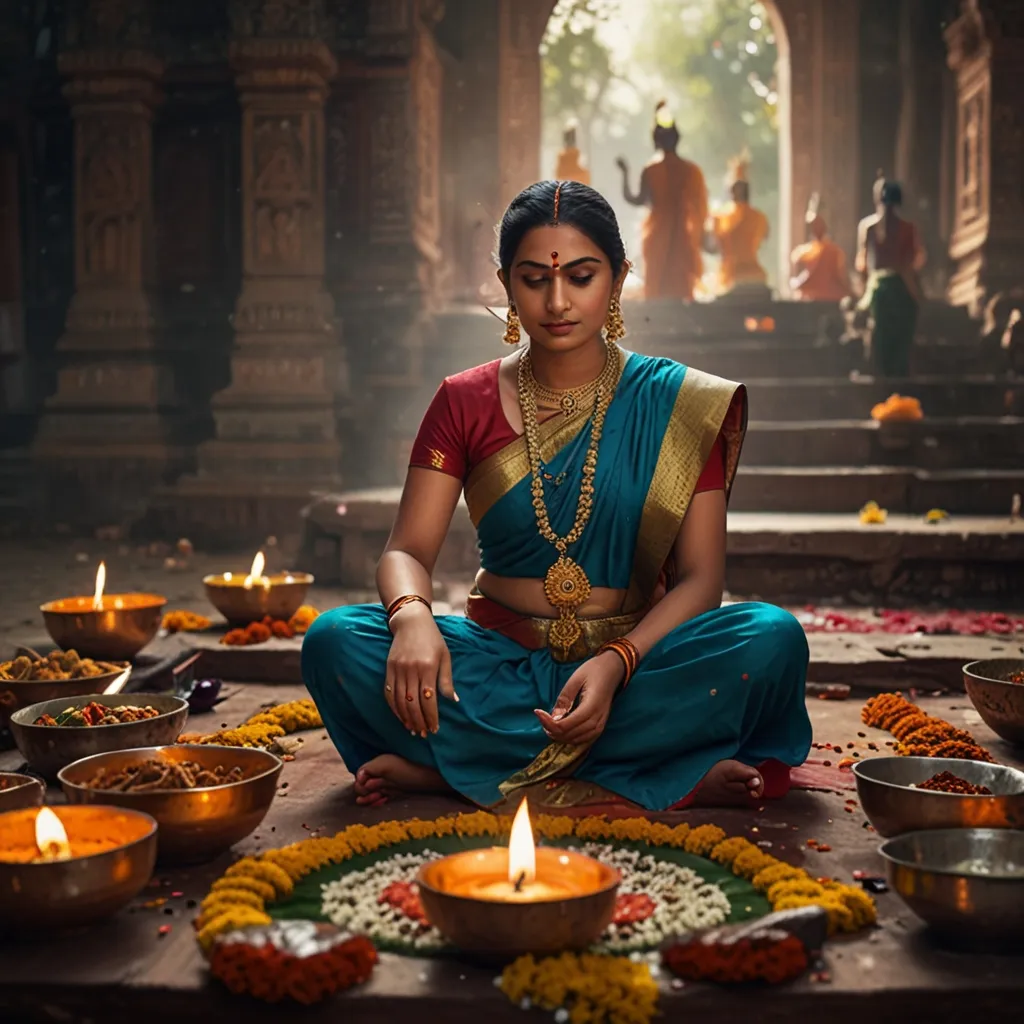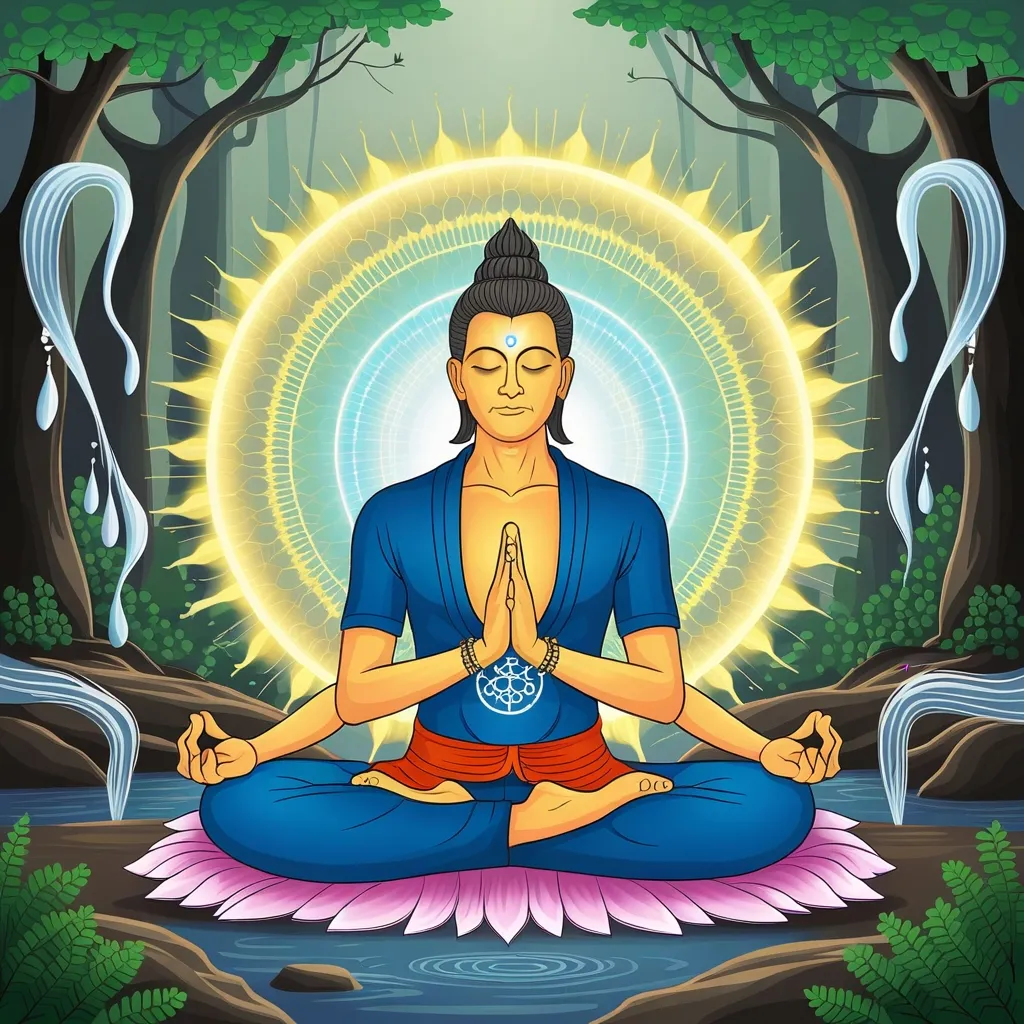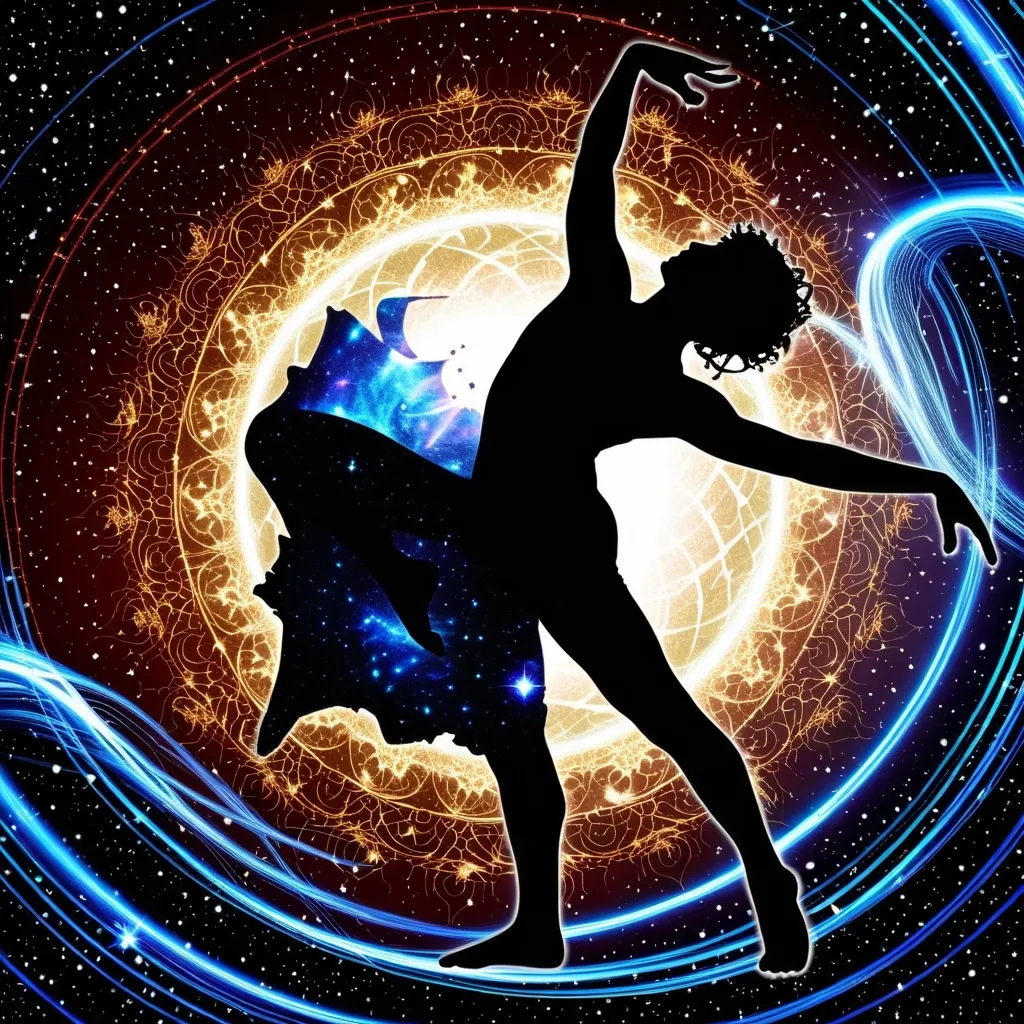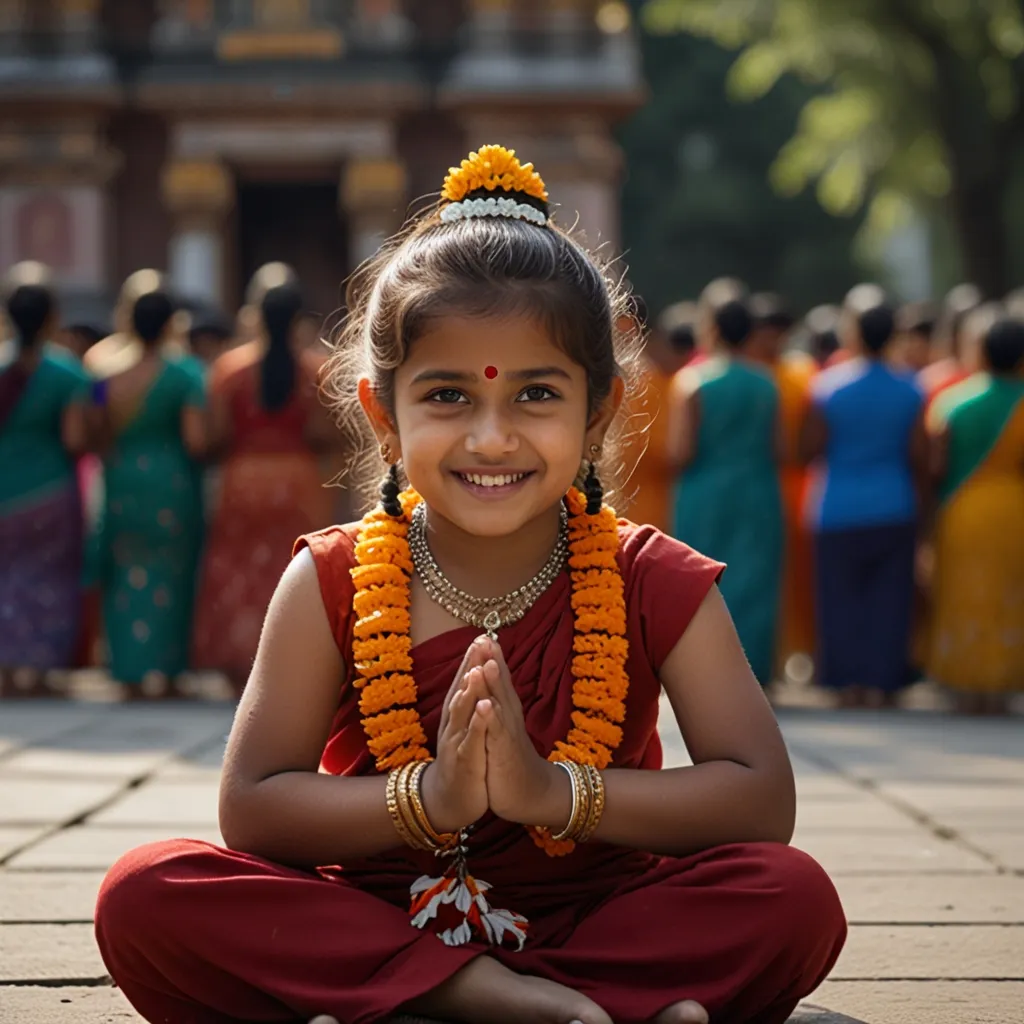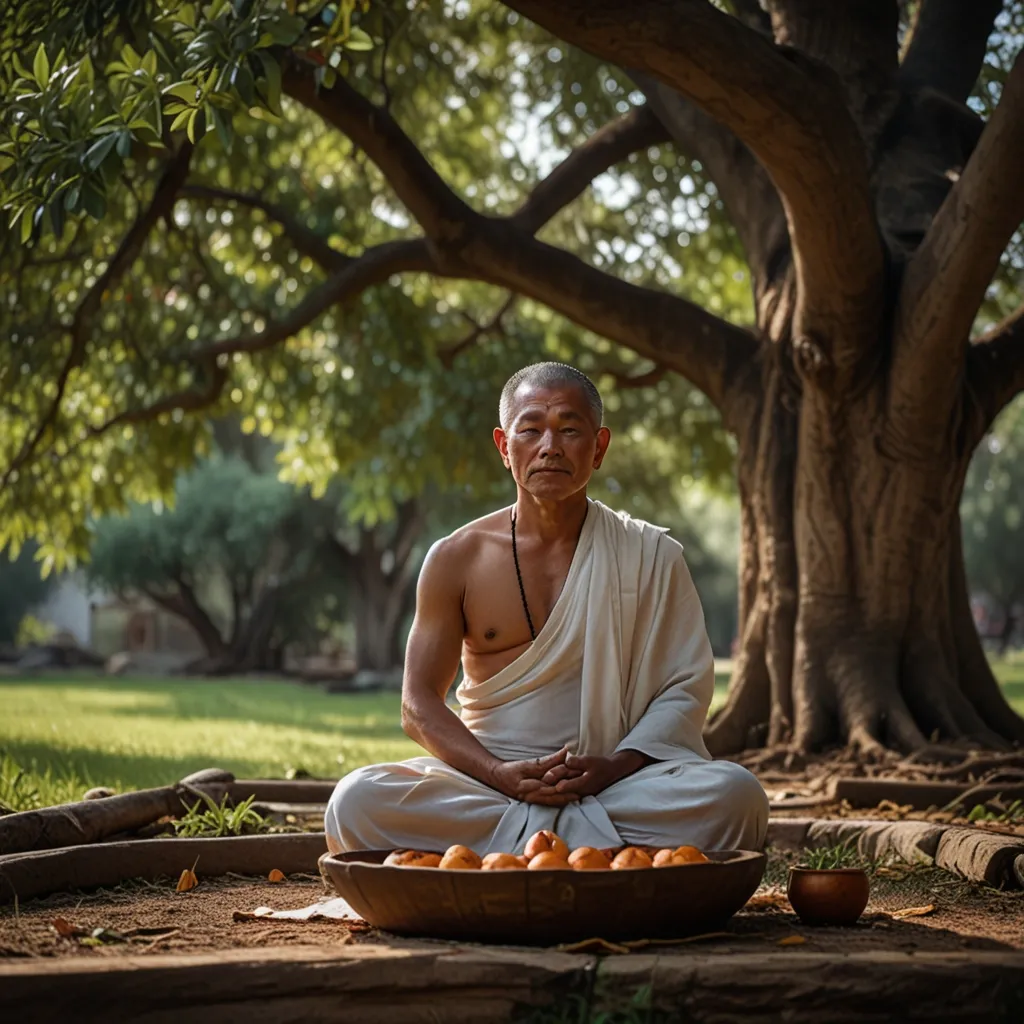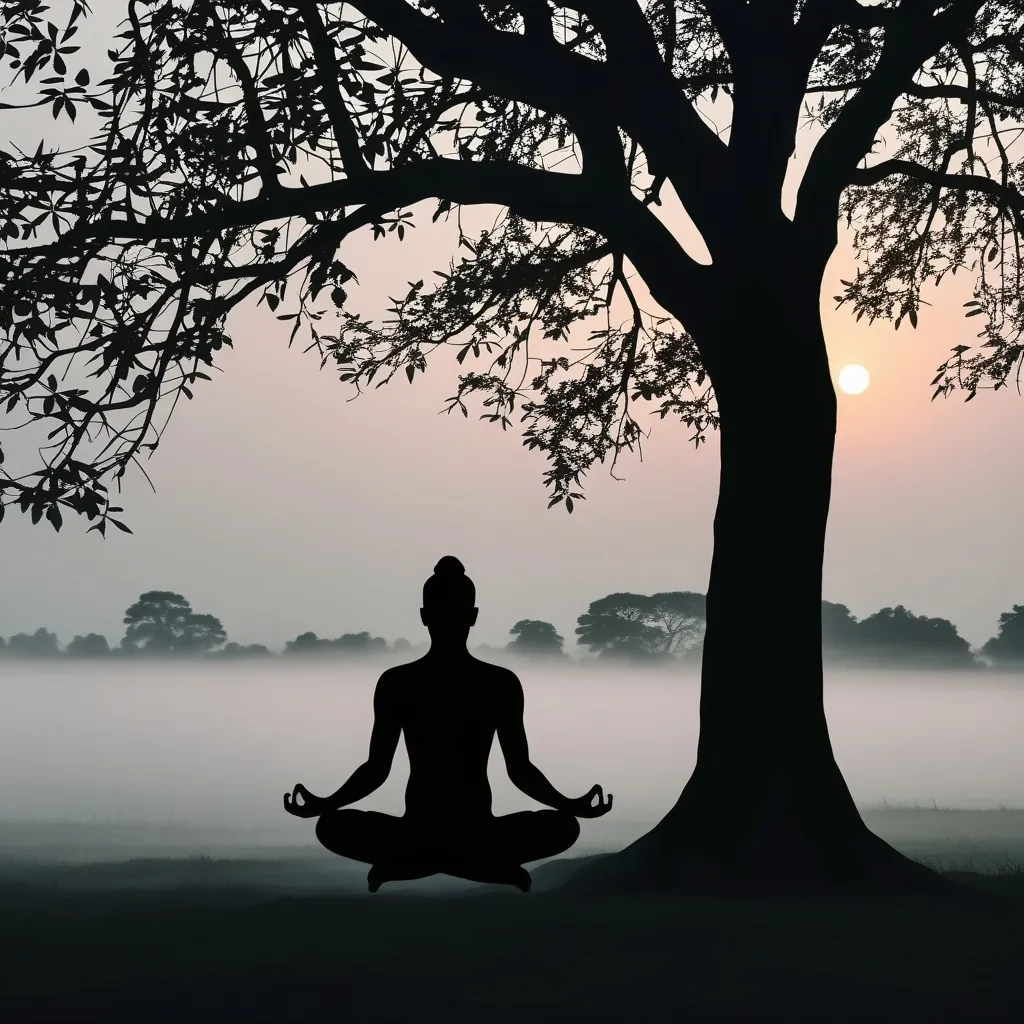Hinduism is one of the oldest religions out there, tracing back over 5,000 years. It’s rich, it’s diverse, and its history is nothing short of fascinating. One of the coolest things about Hinduism is how it views and treats women. The role of women within the religion has changed a lot over the centuries, with both empowering and restrictive moments.
Way back in ancient times, women in Hindu society had a pretty high status. They could join in on religious ceremonies, study the Vedas, and even debate philosophical ideas. Imagine that, in the Vedic era (around 1500 BCE), women were seen as equals to men. They had the freedom to choose their partners, enjoy social events, and even remarry if they became widows. This period is often thought of as a golden age for women in Hinduism.
But things didn’t stay golden. Over time, especially with various invasions and British colonial policies, women’s status started to decline. Suddenly, they couldn’t read the Vedic texts, they were barred from remarrying, and they couldn’t own property. These restrictive practices weren’t really rooted in ancient scriptures but evolved with time due to cultural changes.
Despite these changes, Hinduism has always given a nod to the divine feminine. Goddesses like Durga, Saraswati, and Lakshmi are worshipped with immense reverence. And these goddesses aren’t just sitting around looking pretty; they are powerful, fierce, and compassionate. Festivals like Durga Puja and Saraswati Puja show just how important the feminine aspect is in Hindu worship.
Fast forward to today, and you’ll find women taking back roles in Hindu spiritual practices. The Bhakti movement during the Middle Ages saw female saints like Mirabai composing heartfelt devotional songs and poems. These incredible women spread messages of devotion and social justice, reaffirming women’s roles within Hindu society.
In modern times, women are stepping up in temples and religious organizations. You’ll find women presidents and chairpersons managing religious events and even women priests performing Vedic rituals. Temples like the Kanyā Kumāri Sthān in Sakori and the Udyān Mangal Karyālaya in Pune are teaching women to chant the Vedas and perform sacrifices, breaking long-held traditions.
Daily Puja, or worship, is another area where women shine. In many households, women are the key players in performing domestic rituals, ensuring the family’s well-being and harmony. These rituals give women a sense of purpose and significance in maintaining familial balance.
Of course, not everything is perfect. Issues like domestic violence, marital rape, and menstrual taboos are still prevalent and problematic. Sometimes, scriptures are selectively used to uphold patriarchal practices. But there’s growing awareness and a push for change through education and advocacy.
In a nutshell, women have always been essential to Hindu spiritual practices. From enjoying high status in ancient times to reclaiming leadership roles today, they continue to shape and enrich Hindu worship and society. Facing challenges head-on and celebrating the divine feminine, Hinduism provides a potent foundation for gender equality and empowerment.
